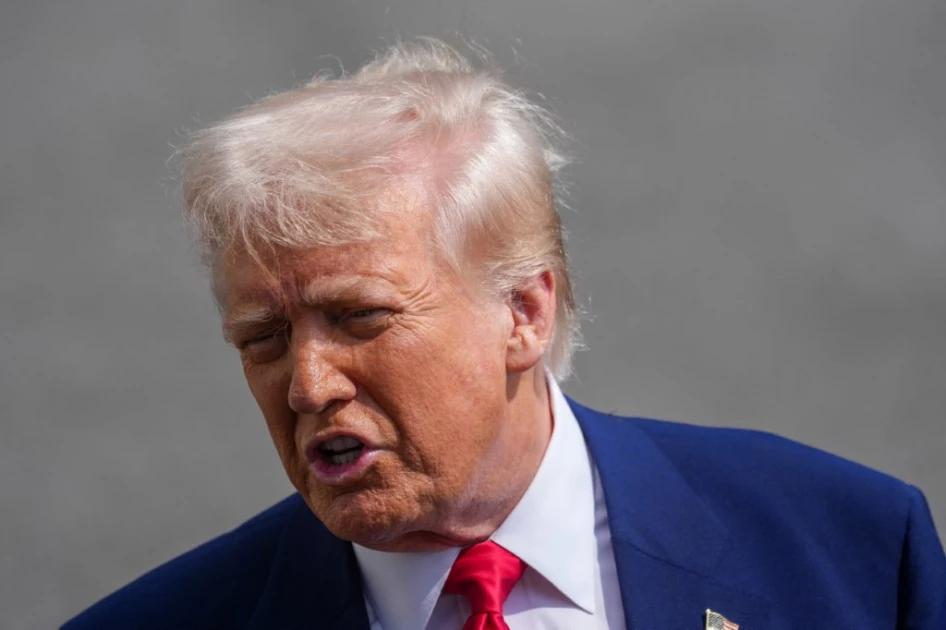
Former U.S. President Donald Trump has warned that if re-elected, he would impose tariffs more widely, saying no country would be spared as the U.S. seeks to protect its industries and manufacturing base.
Speaking in an interview, Trump said his administration had already taken action during his previous term by placing tariffs on key sectors such as steel, automobiles, and aluminum. He indicated that a similar approach would be applied to other critical industries, including semiconductors and chips, if he returns to the White House.
"Like we did with steel, like we did with automobiles, like we did with aluminum... we'll be doing that with semiconductors, with chips and numerous other things," he said.
Trump emphasized that these tariffs would not target just one or two countries, but would be part of a broader plan to address trade imbalances and bring manufacturing jobs back to the United States. He added that under his leadership, no country would be “off the hook” when it comes to tariffs, signaling a more aggressive trade policy aimed at both allies and rivals.
This comes at a time when global tensions around supply chains, especially in technology and electronics, remain high. Semiconductors and chips are crucial components in a wide range of products, from smartphones to cars, and disruptions in their supply have caused significant economic challenges in recent years.
Trump has consistently argued that tariffs are an effective tool to force foreign companies and governments to negotiate fairer trade deals with the U.S. During his presidency, his administration imposed hundreds of billions of dollars in tariffs on Chinese goods, sparking a trade war that affected global markets.
His latest comments suggest that he would double down on this strategy if given another term. The mention of semiconductors and chips points to a focus on securing America’s technological edge and reducing reliance on foreign suppliers, particularly in sensitive areas linked to national security.
Trump’s warning reflects a continued push for economic nationalism, which was a central theme of his previous administration and could become a major issue in the next presidential race.
Global
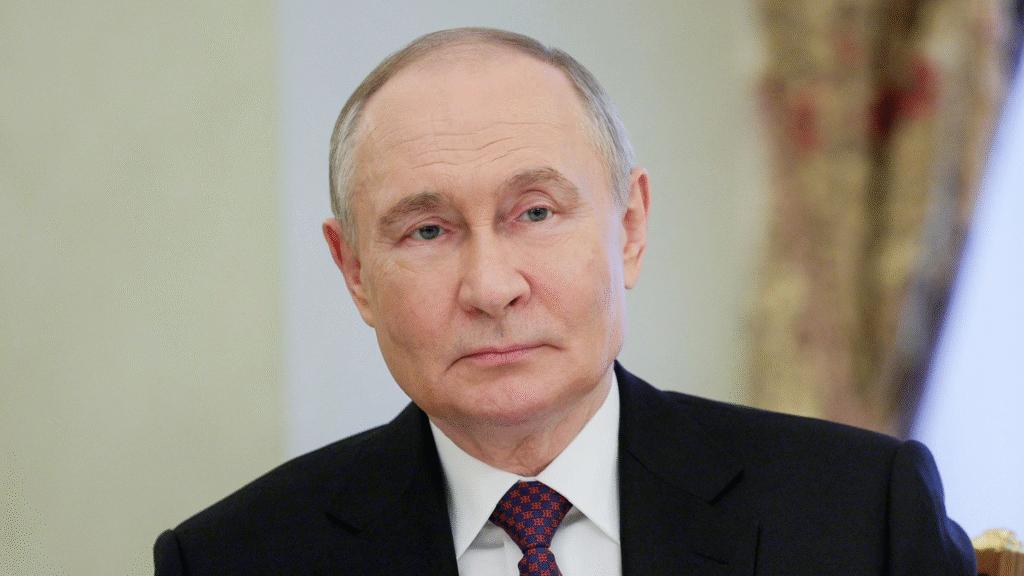
Putin Declares Temporary Ukraine Ceasefire from May 8 to 11
Russian President Vladimir Putin has declared a temporary ceasefire in Ukraine that will last from May 8 to May 11.
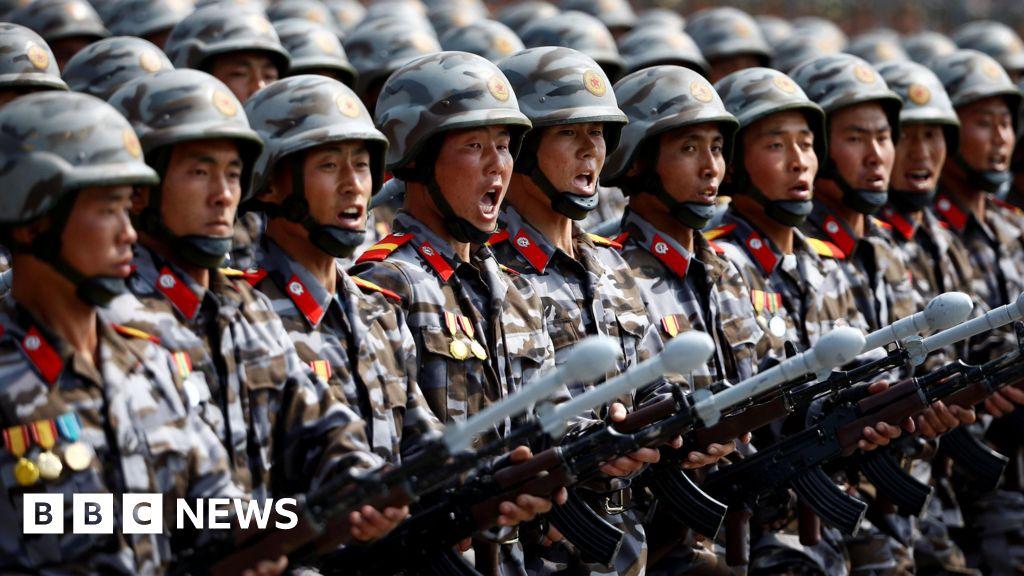
North Korea Confirms It Sent Troops to Fight for Russia in Ukraine
For the first time, North Korea has confirmed that it sent troops to fight for Russia in the ongoing war against Ukraine.
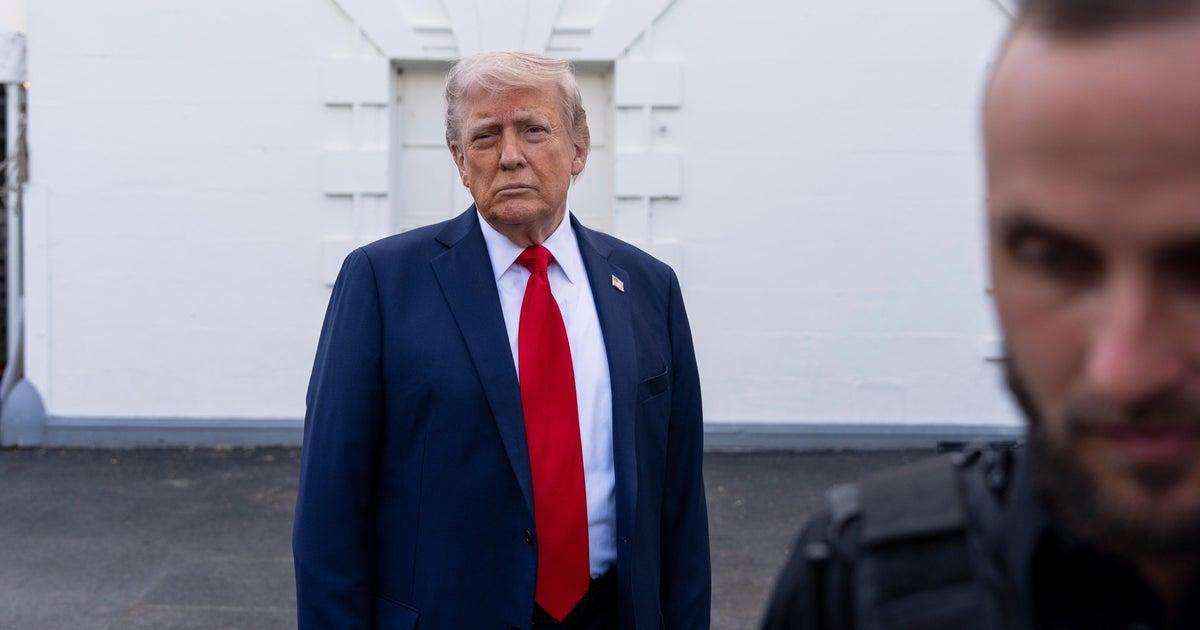
Judge Blocks Trump Effort to Cut School Funds Over DEI Programs
A federal judge in New Hampshire has blocked the Trump administration from cutting education funding to public schools involved in certain diversity, equity, and inclusion (DEI) programs.

Israeli Airstrike Kills 29 in Gaza City, Raising Death Toll to 38
An Israeli airstrike on a house in Gaza City killed at least 29 Palestinians, including children, according to local health authorities.
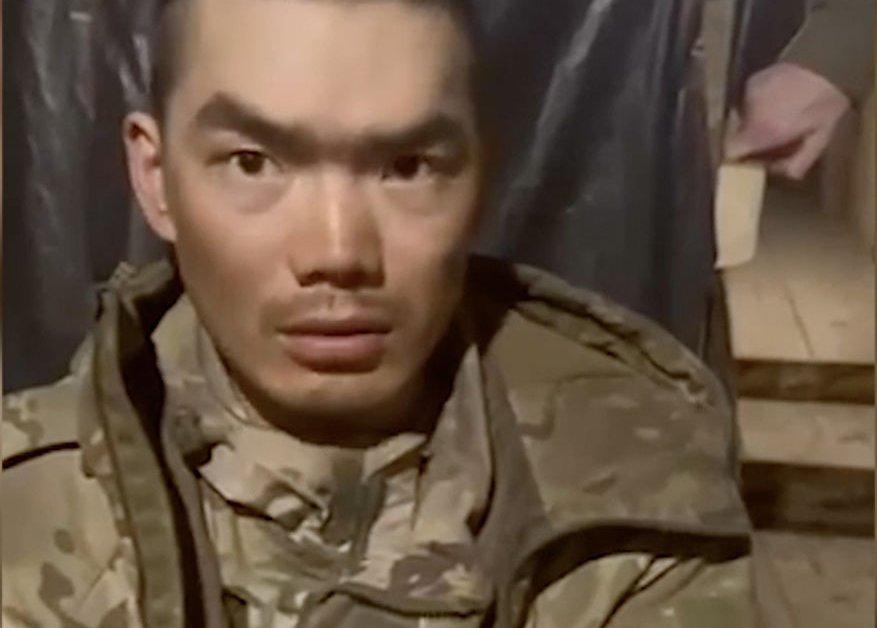
China Denies Ukraine’s Claim That Its Citizens Are Fighting With Russia
Beijing has firmly denied claims made by Ukraine that Chinese nationals are fighting alongside Russian troops in the ongoing war.
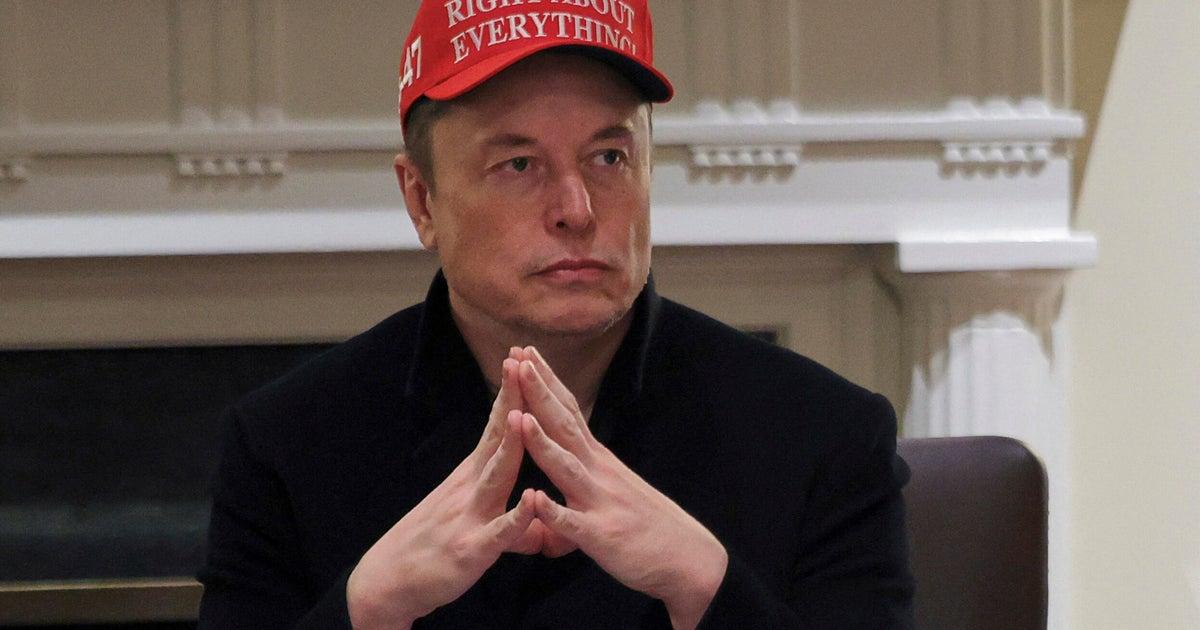
Elon Musk to Remain Trump's Adviser After Leaving Government Role
Elon Musk will continue to be a "friend and an adviser" to President Trump after his official government role ends, according to Vice President JD Vance.